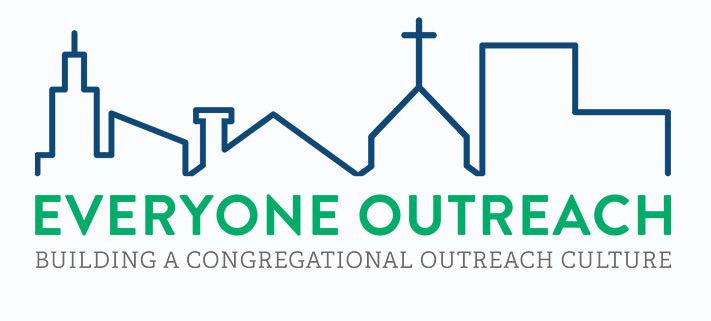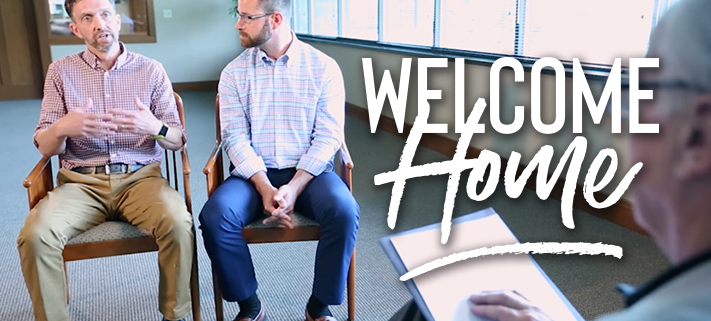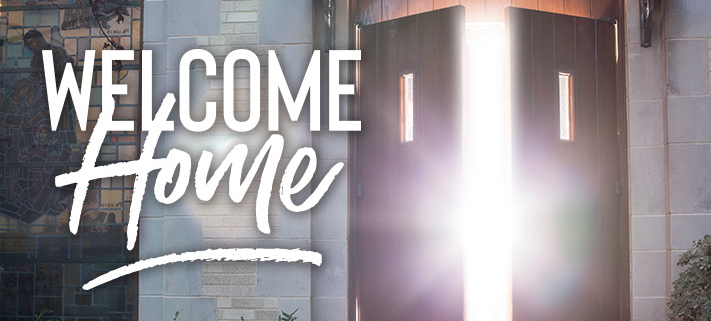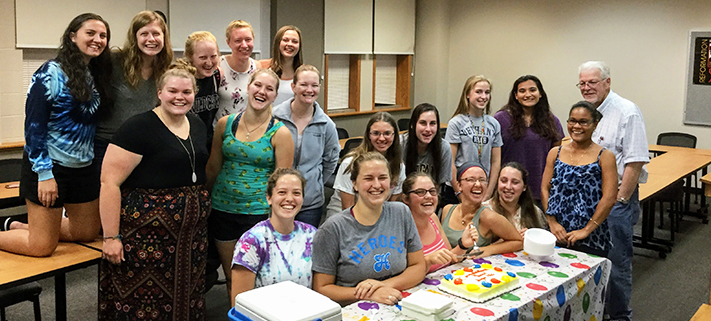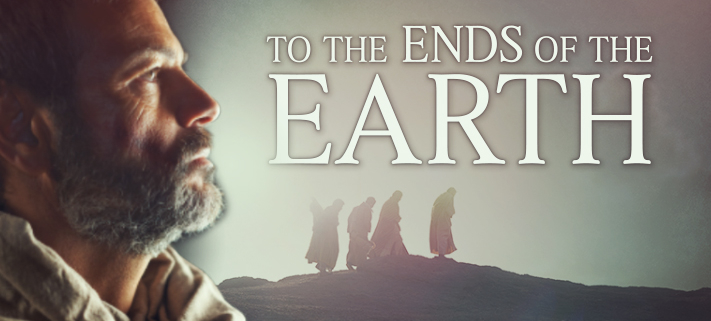A man finds a sense of belonging after returning to a WELS church.
Rachel Hartman
After growing up in a WELS congregation in Wisconsin, Kyle Oppermann left to join other church bodies as an adult. Two years ago, he again stepped through the doors of a WELS church. Now he can’t imagine going anywhere else. “This is what I was taught, and this is what it’s all about,” he says.
Heading away
During his early years, Oppermann’s family took him regularly to church. “I was born and baptized in a Wisconsin Lutheran Synod church,” he says. “I went through Sunday school and confirmation class.”
But after getting confirmed, Oppermann started being pulled in other directions. “Once you get out of school, you kind of drift away from church,” he says. “During that time, I floated around.”
Oppermann got married, and his wife attended a Lutheran Church–Missouri Synod congregation. Oppermann went with her to that church. Then the two got divorced, and Oppermann started looking for a different congregation.
When he remarried, his new wife attended a Congregational church, and he went there with her. “That church went against everything I was accustomed to,” says Oppermann. “I went through the motions with that church, but I wasn’t connected.”
During his time in the Congregational setting, Oppermann noticed teachings that were different from those he had been taught at WELS. “I remember one Sunday there was a lesbian couple that had a baby together, and it was time to baptize the child. I was ushering the service. I would take head count, and I remember a couple of people coming out of the sanctuary and saying, ‘I can’t do this, I can’t do this.’ ”
The incident caused Oppermann to remember the Bible’s words on Baptism and that the child would be a child of God. He also recalled what he had been taught regarding marriage—that the Bible explains marriage is between a man and a woman.
Twenty years later the couple divorced, and Oppermann found himself again looking for a church. “I floated around again and went to the ELCA [Evangelical Lutheran Church in America],” he says. He got to know the minister of the ELCA congregation and asked him how to join. “I told him I had been baptized and confirmed in WELS, and he said, ‘Oh, you’re one of those people.’ He was the first person to hit me with that.” After that, Oppermann found others responded the same way when they learned of his background. “It carries that stigma that we’re fire and brimstone,” he notes.
Returning to WELS
Around the same time, one of Oppermann’s friends asked him about WELS. “He said to me, ‘Didn’t you used to go to a WELS church? Why don’t you come back to WELS?’ ”
Oppermann decided to give it a try. His first time back to a WELS church was on a Sunday. He walked through the doors and was greeted right away. “The pastor wanted me to go through the new membership class again just to make sure we were all on the same page,” says Oppermann, who was eager and willing to take the class to refresh what he had learned. He joined a class that ran during the autumn of 2017.
The pastor who taught the class comments, “Kyle was the last one out, and he just said, ‘This is so good.’ ” With a big handshake the pastor replied, “Welcome home, Kyle. You are home.”
In addition to the class, Oppermann was excited to hear the Bible read and taught again in church. “From day one when I went in, the stuff we were talking about rang a bell because I was born and raised in a WELS setting,” he says. “It felt like coming home.”
He noticed a difference between the WELS congregation and the other churches he had attended. As each week went by, he read the Bible more and reviewed its teachings. He recognized that WELS instructs its members according to what the Bible says and bases its beliefs on Scripture. When questions came up, the answers came from the Bible. “Some of these other churches take bits and pieces of the Bible and interpret them in a way that fits with what they want the Bible to mean,” says Oppermann.
Oppermann discovered a sense of belonging after coming back to WELS. He found the teachings of his youth to be applicable and meaningful for his current life. He realized that the instructions haven’t changed; they are still based on the Bible. “It feels like I’ve been a member here for a hundred years.”
Bringing in others
Oppermann isn’t deterred by any stigma that being a Christian or being a WELS member can sometimes bring. He says, “People think you’re a stuffed shirt. But I tell them, ‘You can read the Bible and see what we’re all about.’ ”
He has also come across ideas that some have regarding how Christians view themselves and the world. “People think we’re better than everybody else, but we’re no different than anyone else,” he says. “It goes back to interpreting the Bible. You need to sit down and go over it to really know what it means.”
Rather than focusing on what others might think of him attending a WELS church regularly again, Oppermann has looked for ways to help others with their spiritual lives. When his father, a WELS member, moved into a nursing home near Oppermann’s church, Oppermann called his pastors and asked them to visit his dad. “All four of the pastors saw my dad,” Oppermann says. “He was spiritually well taken care of when he passed.”
Reflecting on his past years, Oppermann concludes he is in a better spot now than before. “My divorce was just finalizing around the time I came back, and I was looking for something else and praying about it.” Now Oppermann finds himself in a more stable position. “My life is better now. I have a good job and am able to do things. I feel better about myself because I’ve come back.”
His favorite part of the week coincides with the worship times. “I’m like a little kid at the end of the week. I look forward to going to church.” He appreciates hearing the message that no one is perfect, but rather we all have sinned and have forgiveness through Jesus because he has paid the penalty for us all.
He also is thankful for the open arms that have received him in WELS. “I feel blessed to have a church like this accept me back in,” he says. “In other places I felt like they didn’t listen to me and were just looking for more numbers to fill the pew. Here they listen and really care.”
To anyone who is considering coming back to WELS, Oppermann says the return is invaluable. “Just come back and leave all your worries and cares at the door. For me, it was an eye–opener as far as how good this feels.”
Rachel Hartman is a member at Divine Savior, Doral, Florida.
This is the first article in a three-part series on welcoming straying members back to church.
Do you have a manuscript, idea, or story from your own life you’d like to share for use in Forward in Christ or on wels.net? Use our online form to share it to our editorial office for consideration.
Get inspirational stories, spiritual help, and synod news from Forward in Christ every month. Print and digital subscriptions are available from Northwestern Publishing House.
Author: Rachel Hartman
Volume 106, Number 6
Issue: June 2019
Copyrighted by WELS Forward in Christ © 2021
Forward in Christ grants permission for any original article (not a reprint) to be printed for use in a WELS church, school, or organization, provided that it is distributed free and indicate Forward in Christ as the source. Images may not be reproduced except in the context of its article. Contact us

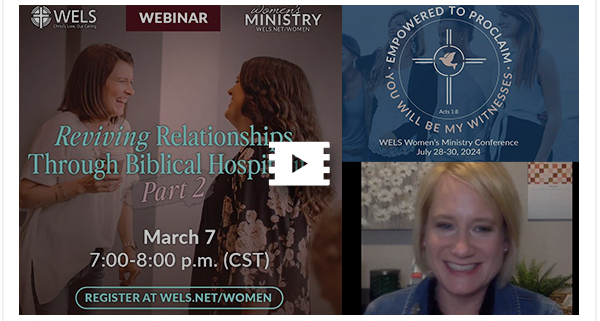
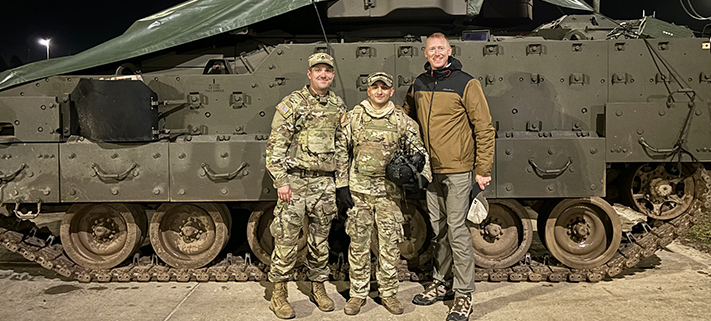
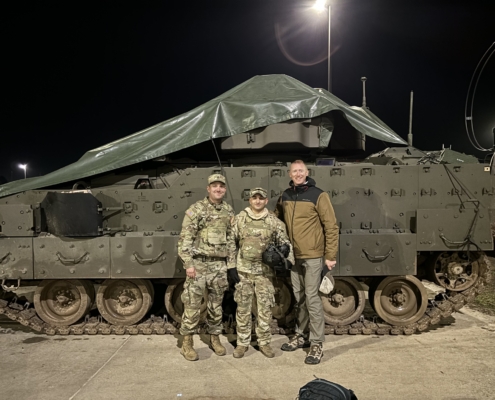
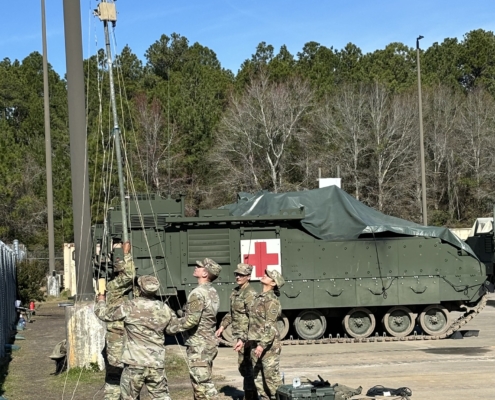
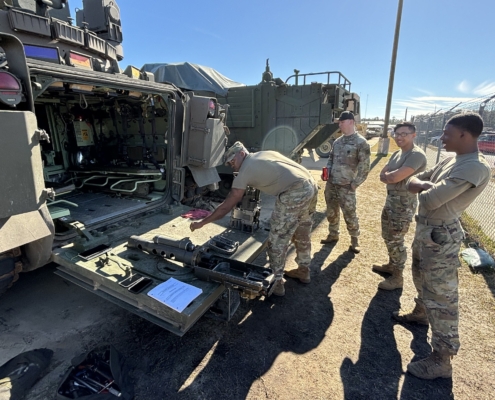
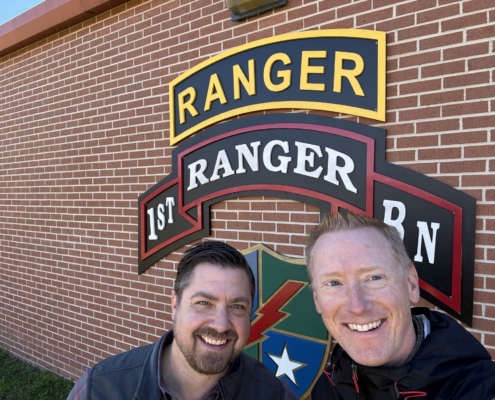
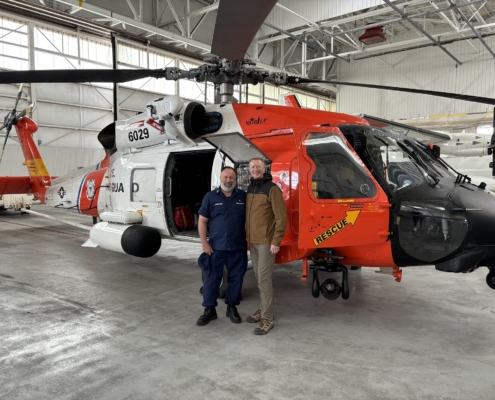
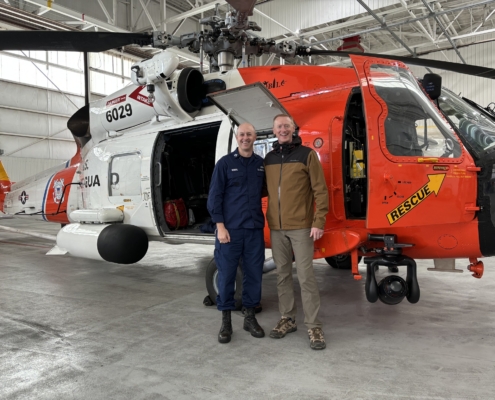
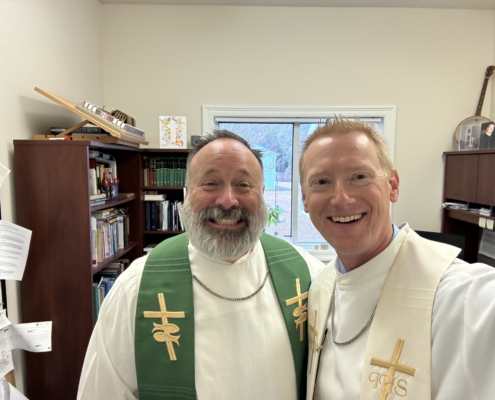
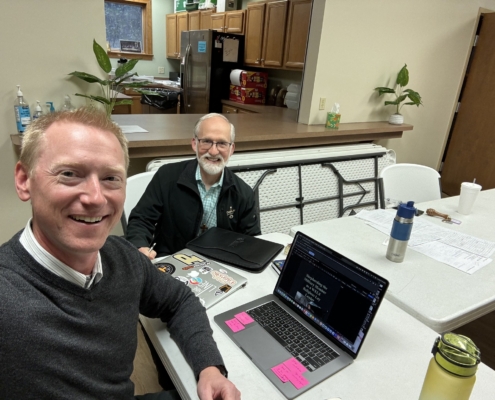
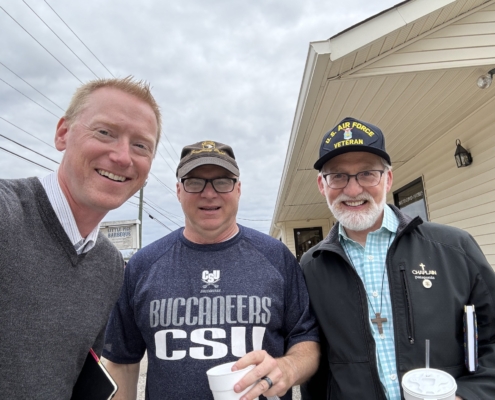
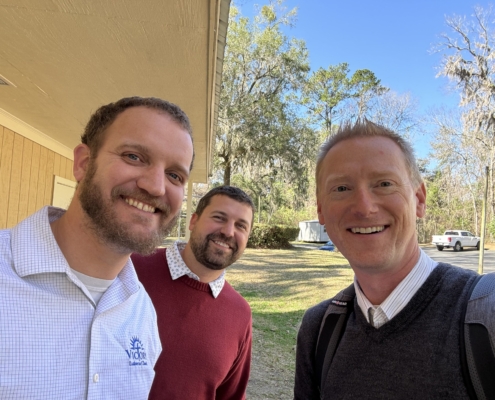
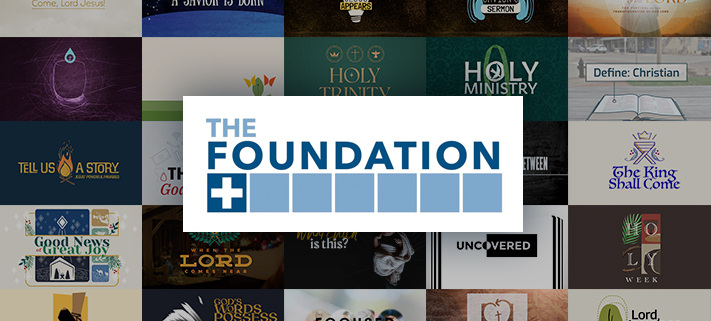
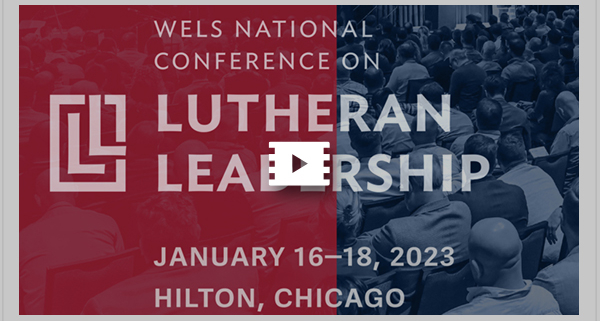
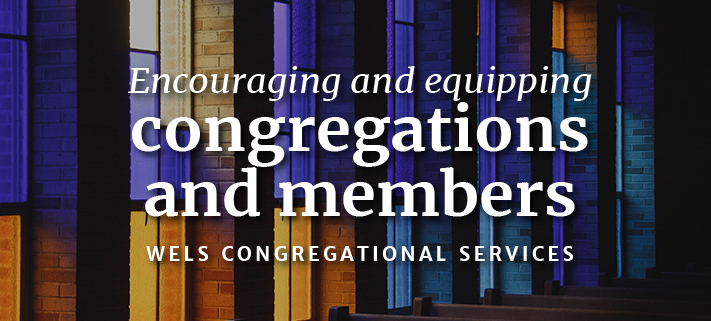
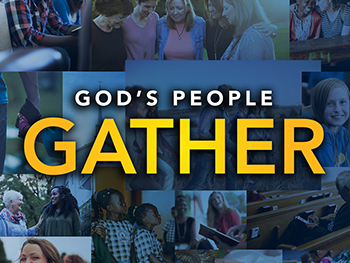 God’s People Gather
God’s People Gather A God-Lived Life
A God-Lived Life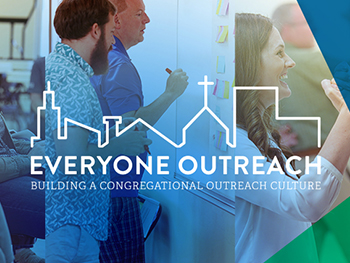 Everyone Outreach
Everyone Outreach Let’s Go
Let’s Go